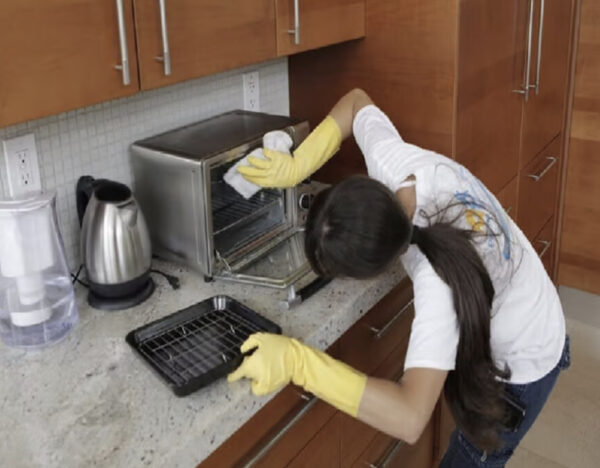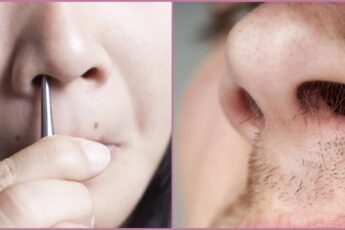A father grew increasingly concerned about his 16-year-old daughter’s changing behavior, which seemed to shift after she began associating with a new group of friends at school.
Previously known for her courteous demeanor, the daughter’s attitude began to mirror that of her new friends, who had a reputation for being unkind. The once gentle and respectful young girl now frequently passed judgment on others, making negative remarks about their appearance and possessions.
Deeply troubled by his daughter’s transformation, the father tried on multiple occasions to address her behavior, even acknowledging the negative impact it had on those around her.
Their housemaid, in particular, bore the brunt of the daughter’s newfound rudeness. The father shared, “My daughter consistently criticized our maid’s appearance, clothing, and even her manners.”

Reaching her limit, the housemaid confided in her employers about the derogatory names the daughter used against her, such as “filthy” and “disgusting,” especially when she was cleaning the more challenging parts of the house.
Distressed and embarrassed by his daughter’s actions, the father firmly cautioned her, emphasizing that any further disrespect towards their housemaid would have serious consequences.
Despite his stern warning, the daughter persisted in her derogatory behavior, referring to their housemaid as “filthy.” As a result, she faced the consequence of being grounded.
In response, the teenager became irate, accusing the housemaid of deceit. That very day, she had plans to attend a party, but her father forbade her from going due to her actions. Enraged, she directed her anger towards the housemaid, holding her responsible for missing the party.

A few days later, the daughter claimed she couldn’t locate her phone. She requested her father to dial her number, and to their astonishment, the ringing came from the housemaid’s bag.
The father immediately questioned the housemaid, who was visibly distressed and denied any wrongdoing. Throughout this ordeal, the daughter repeatedly labeled the housemaid a “thief.”
Urging his daughter to retreat to her room, the father decided to review their home’s surveillance footage. The video revealed a shocking truth: it was the daughter who had planted the phone in the housemaid’s bag, attempting to frame her.
Before addressing his daughter’s deceit, he extended an apology to the housemaid and granted her a day off. He then confronted his daughter with the incriminating footage, leaving her at a loss for words. Taking the lead in the conversation, he expressed his disappointment:
“I told her that her actions were not only unethical but deeply hurtful. To jeopardize an innocent person’s reputation over a trivial matter like a missed party was inexcusable.”
The father felt he had exhausted all disciplinary measures for his daughter. In a bid to impart a lesson, he decided she would spend the night in the backyard, knowing her aversion to germs would make it impactful.

Despite her tearful pleas and aversion to the outdoors, he remained resolute, even warning her of an extended punishment if she resisted.
His wife urged leniency, but he was adamant that their daughter needed to understand the gravity of her actions, especially after falsely accusing someone of theft.
Seeking external opinions, he shared his story online.

While many supported his decision, emphasizing the importance of teaching her a lesson, others suggested alternative punishments like household chores or confiscating her phone.
He clarified that he had tried these methods before. Once, she had even gone on a hunger strike to avoid chores, which resulted in a hospital visit.
And what would you do in a situation like this? Do you think the father did the right thing?







